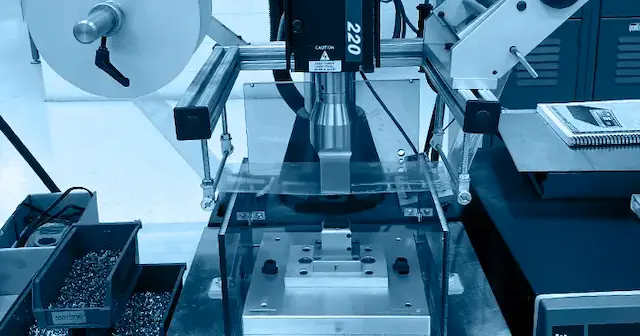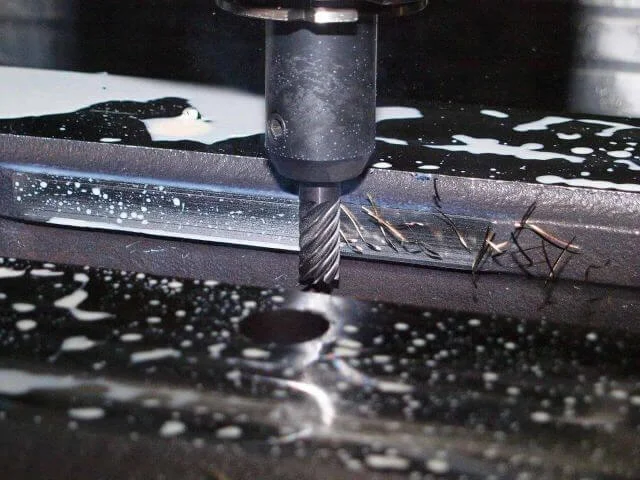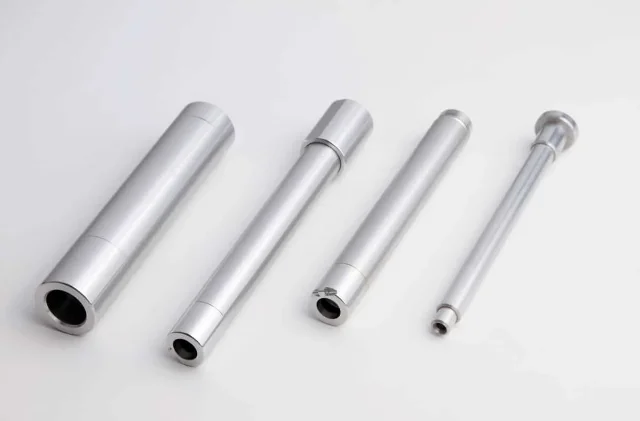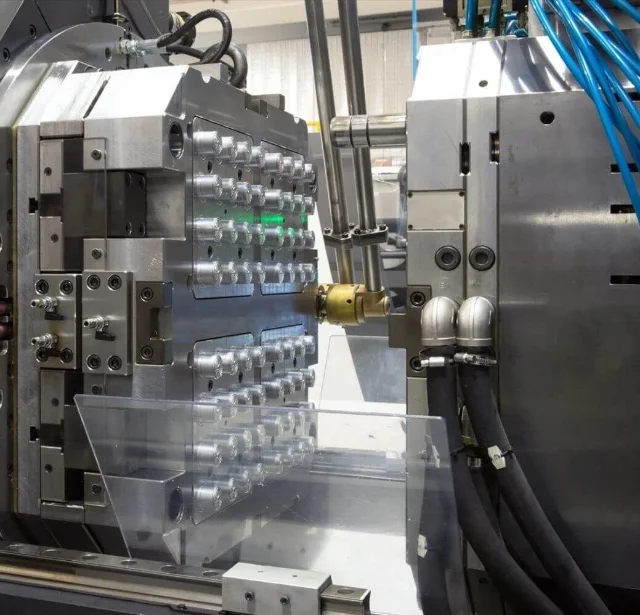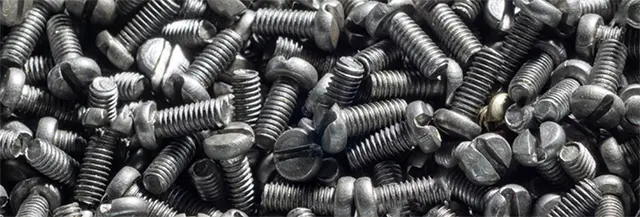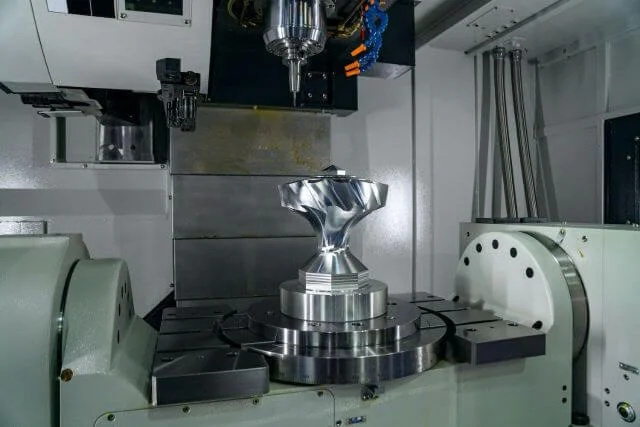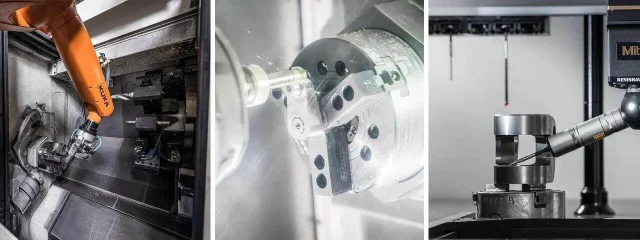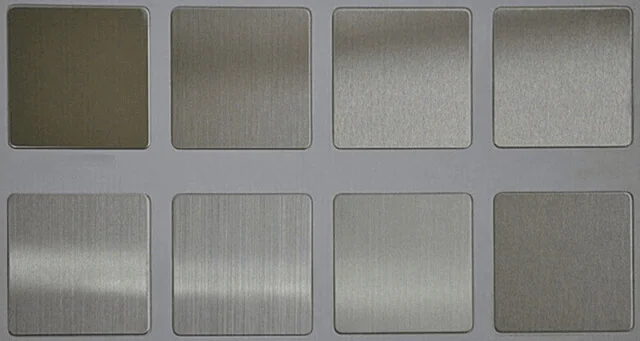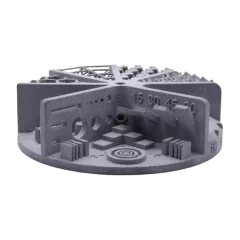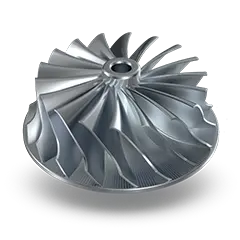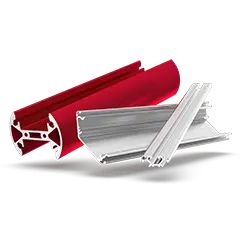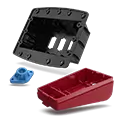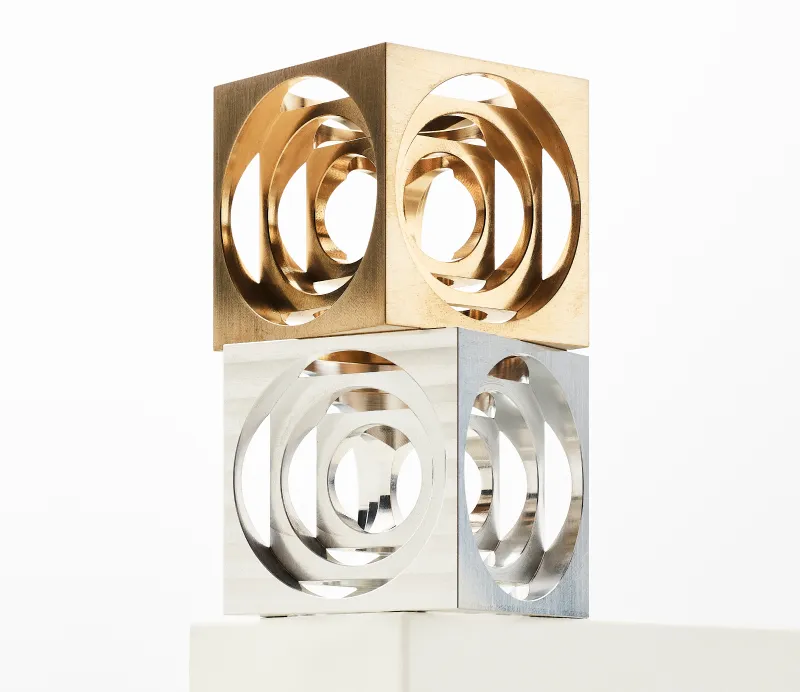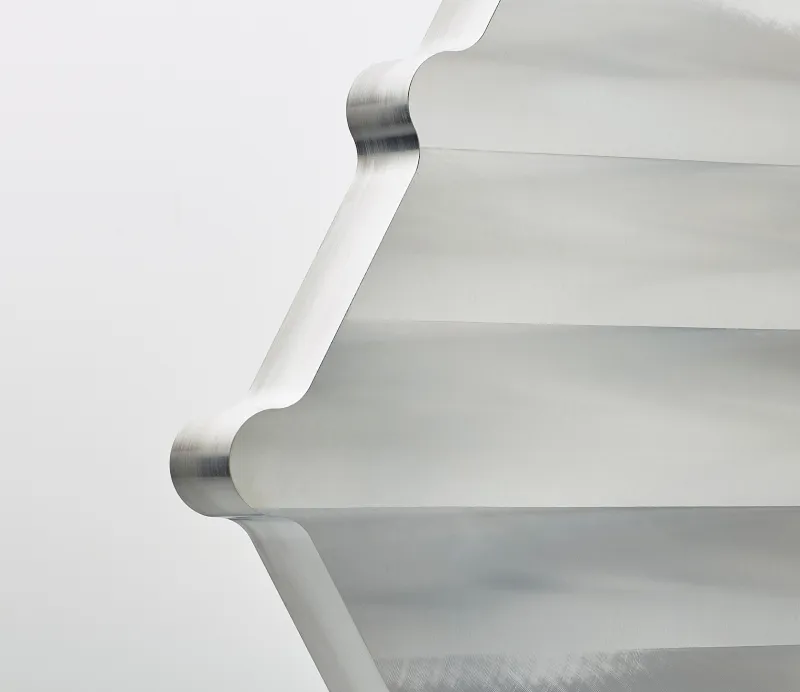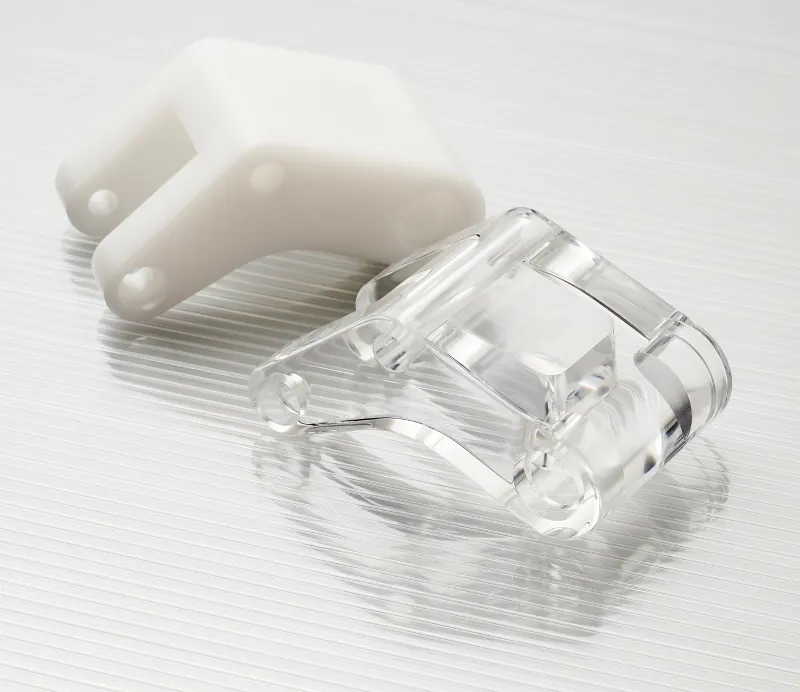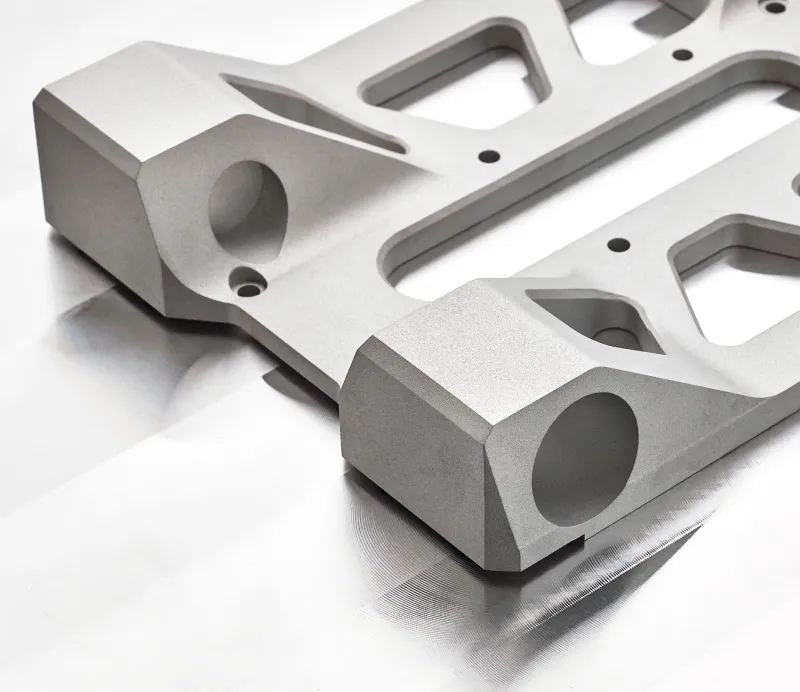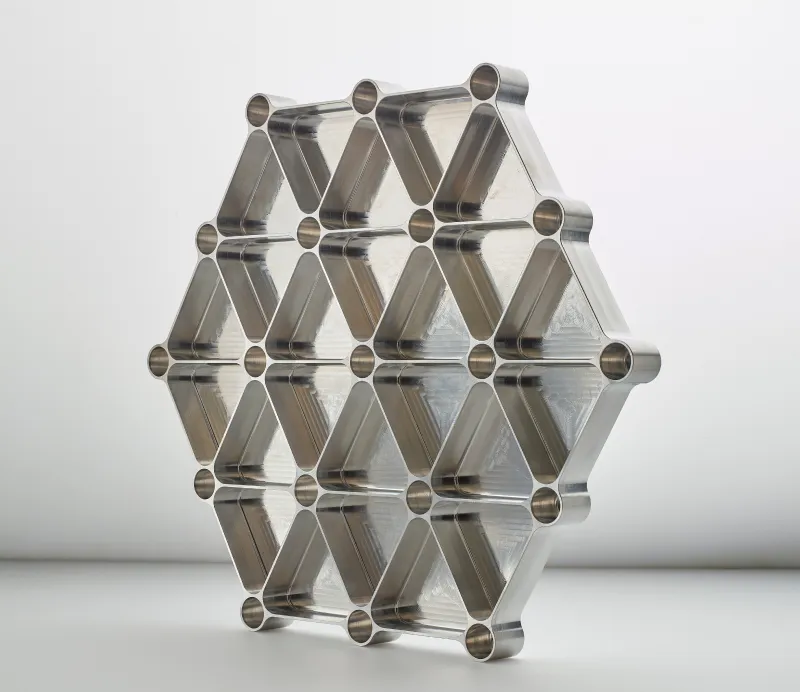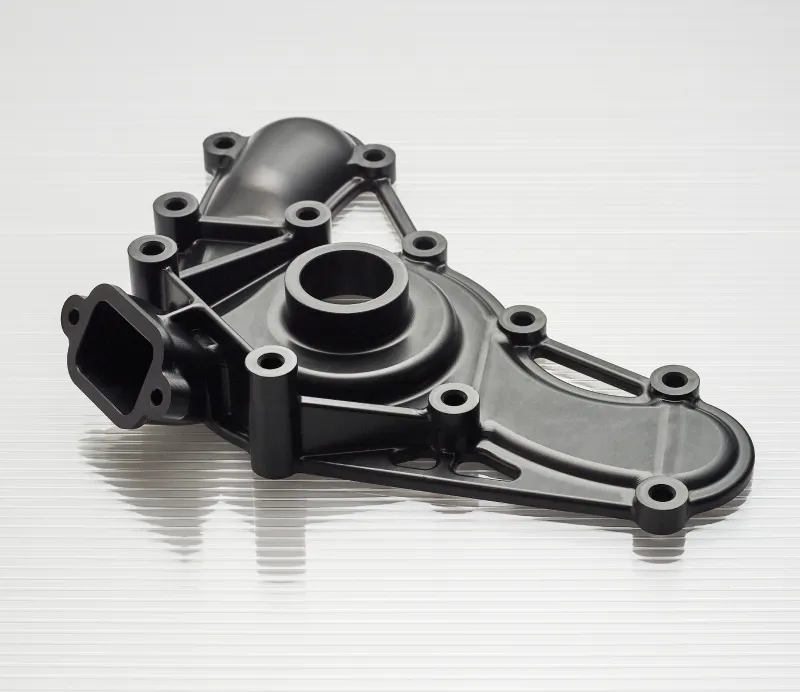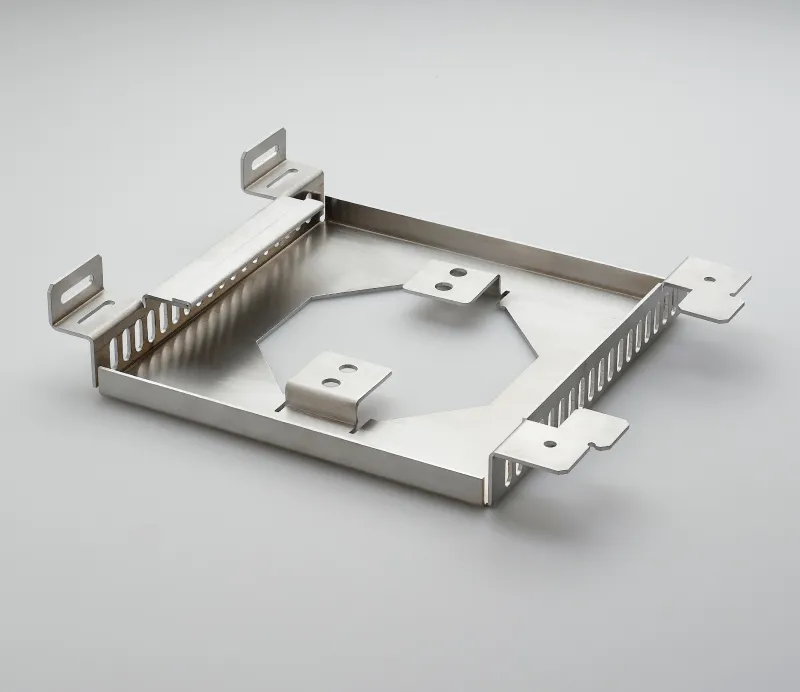CNC Machining for the Medical Industry
Learn more about how CNC Machining can be utilised in the medical industry
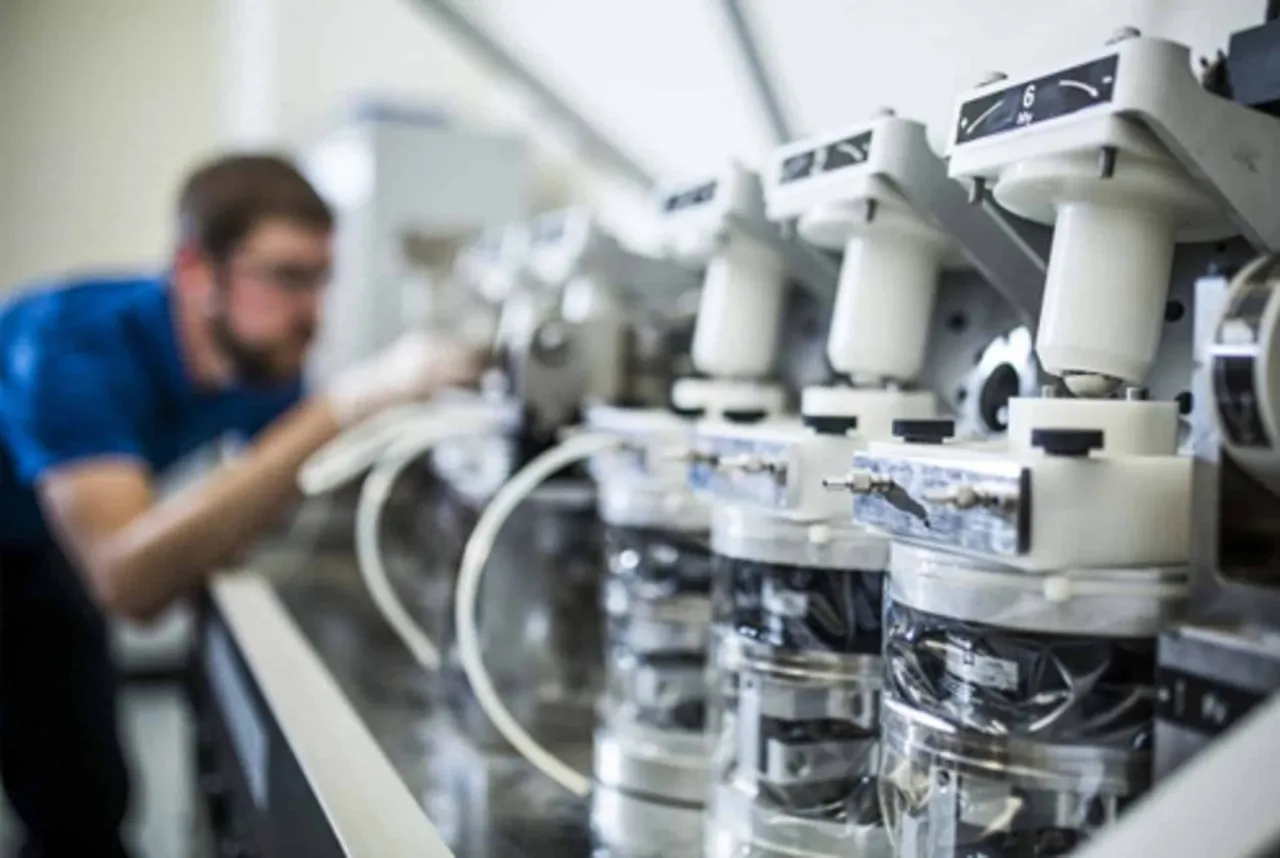
When it comes to the components manufactured for the medical industry, accuracy is vital. This statement is true of the manufactured parts that span the entire industry. Whether it be medical equipment, biomedical implants, medical instruments such as catheters, ultrasound equipment, MRI scanners, or diagnostic equipment – you name it, high precision CNC Machining will have played its part.
What is CNC Machining?
CNC Machining is the process where Computer-Aided Design (CAD) templates are manufactured via an automated program. A CNC machine follows a coded programme with no manual input and creates complex parts from raw material through subtractive machining technology. Simply put, this involves automated machines and cutting tools crafting a final product by cutting away at the workpiece or ‘blank’. CNC Machining is widely acknowledged as creating parts with far greater accuracy, durability and precision than other machine processes that involve manual processes.

Ways CNC machining can be used in the Medical Sector
CNC Machining is used in the medical sector as it meets the uncompromising quality and consistency requirements. Complex surfaces and geometries aren’t a problem, and final pieces strictly adhere to the safe and precise needs of the medical industry.
Medical machinery is complex, requiring parts up to scratch with no room for error. Parts must be durable, of the highest quality, and smooth finish. CNC machining achieves just that, as the machines operate on multiple axes. What’s more, complicated designs can be manufactured on a large scale and can be suitable for mass manufacturing.
{{cta-banner}}
Machined medical implants
The overarching requirements of any piece of medical hardware have the same criteria; the final product must adhere to stringent quality standards, with accuracy, quality and consistency across the board. This high level of accuracy can be achieved through CNC machining, which is why the medical industry relies on CNC machining on a large scale as a sector. The health of the patient and recipient are at risk if these needs aren’t met, which is why there is such heavy reliance on CNC Machining for medical devices and parts.
CNC machining for medical can also be used for surgical instruments and complex equipment such as heart rate monitors, X-Ray monitors, and MRI scanners.
Due to the range of finishes available with CNC machining, more bespoke products can also be created. Plastics, for instance, are used on a large scale in the medical industry.
Advantages of Medical Machining
Precision machining for medical devices has opened the doors for extremely small and precise parts to be created on a mass scale. The precise finish can only be created through CNC machining in many cases
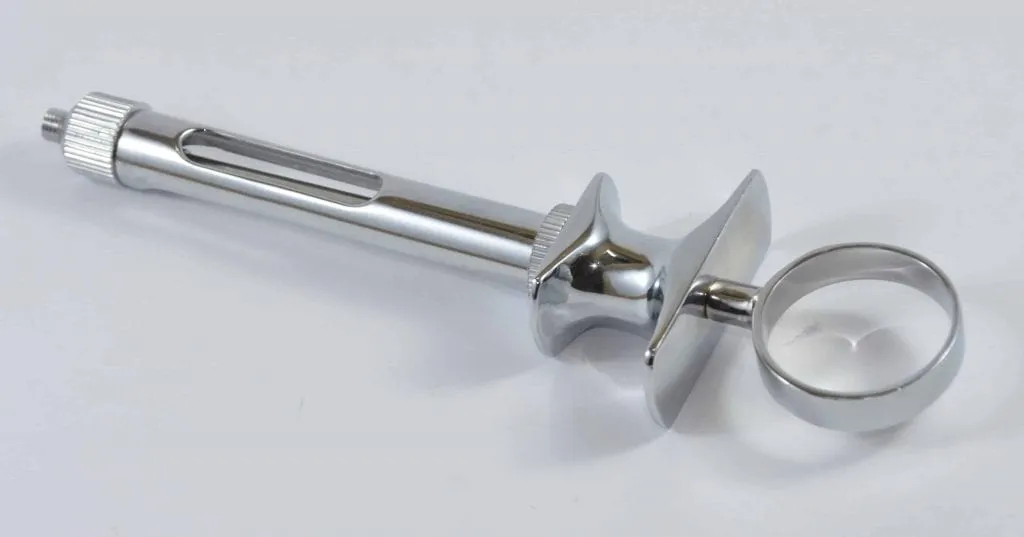
Designs that were once large and cumbersome have been miniaturised thanks to precision micro-machining technology. Regardless of whether the manufactured medical parts are for medical instruments, devices, components, or replacement joints, there are always stringent compliance requirements. This is why CNC Machining is so popular, due to the ability to accurately measure up to the end-user requirements, far beyond human capabilities. What’s more, pieces can also be rapidly produced.
Milling and turning machines often produce parts for medical researchers working in the biomedical industry, and small but crucial parts such as connectors can be created using CNC Machining.
A popular plastic used in medical CNC machining is PEEK. Get It Made, for example, use PEEK when working within the biomedical engineering sector. PEEK is known for its biocompatibility properties.
What metals are used in CNC Machining?
In general, the metals below are preferred due to their durability, high breakage resistance, and heat resistance.
- Stainless steel
- Titanium
- Aluminium
- Nitinol
What is PEEK?
PEEK, or PolyEtherEtherKetone is plastic with inherently good wear and resistance. It can resist up to 250 degrees Celsius when exposed to flame, with very low smoke and toxic gas emission. Due to its resistance, it is a popular choice in CNC Machining for intricate moulded shapes. It is highly ductile and is commonly used in the medical industry and in aerospace and dental industries, as well as being used for metal replacement and food and beverage manufacturing equipment. It’s lightweight, too, and has great sterilisation qualities, too. With enough elasticity to be machined in custom designs while keeping its structure without fatigue or stress cracking, Get It Made often machine PEEK due to its popularity in the medical industry.
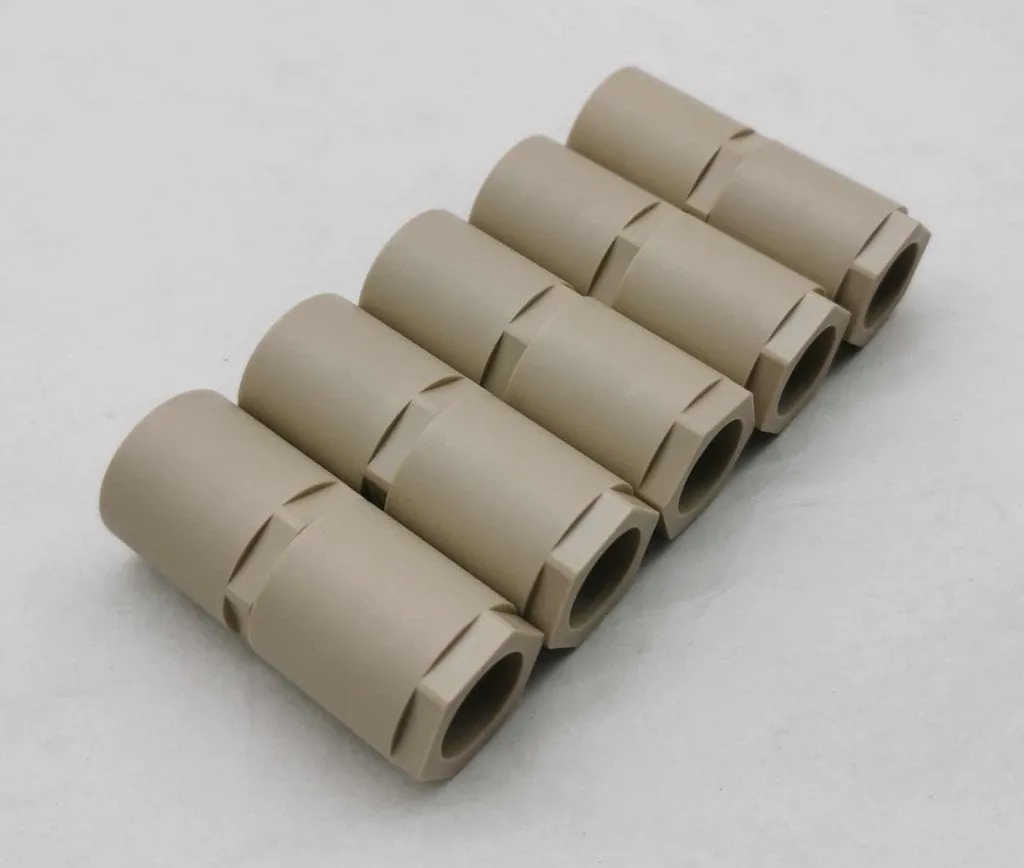
For more information about medical CNC machining, or to learn more about our services, head to our homepage or take a look at our technical toolbox. For a quote contact us here or call 020 3286 6002 to discuss your requirements.
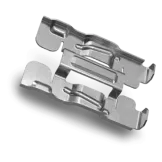
Leave it to our manufacturing specialists
Get a 24 hour, engineer made quote and design review to start your manufacturing project off on the right foot
Get your production-ready quote in 24 hours
All projects are reviewed by real engineers to ensure accuracy, catch mistakes and unlock DFM improvements
Our services
From 3D printing to CNC machining, we’re experts in manufacturing bespoke precision parts on tight time-frames
Other services
It’s rare you only need CNC machining services. We offer 3D printing, moulding, casting, extrusion, fabrication, assembly, welding & more.
Get your production-ready quote in 24 hours
All projects are reviewed by real engineers to ensure accuracy, catch mistakes and unlock DFM improvements
Bespoke quote in 24 hours
Get It Made is proud to provide a human service. Get a quote and free design review by an experienced engineer to see how we make manufacturing simple.


